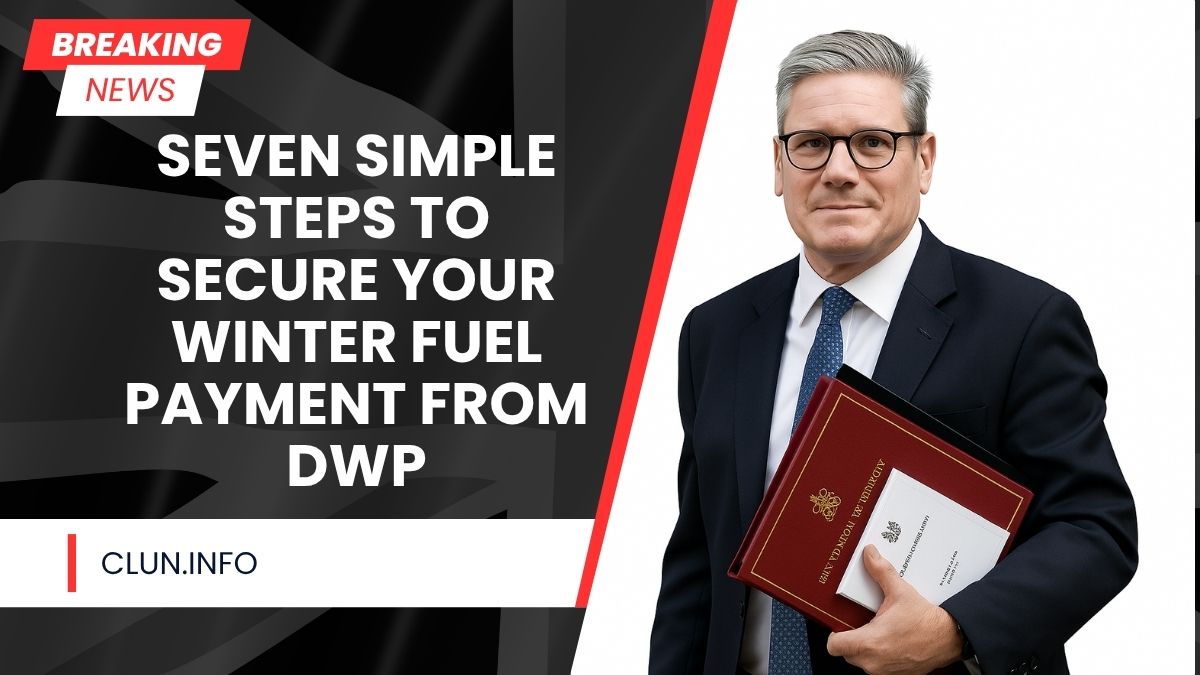The Winter Fuel Payment is a crucial financial support for pensioners, and millions are set to receive it this year due to a government policy reversal. The eligibility criteria, however, have undergone changes, affecting some pensioners’ eligibility.
Key Eligibility Changes
In June, the government revised the eligibility rules for the Winter Fuel Payment, expanding the number of pensioners who can benefit.
The new policy is a response to the backlash against last year’s means-testing, which limited the payment mainly to those receiving Pension Credit. Now, the payment is available to nine million pensioners across England and Wales.
However, a portion of pensioners, specifically those with taxable incomes over £35,000, will miss out on this benefit. Around two million individuals are in this category, and the payment will be reclaimed later by HMRC.
The Winter Fuel Payment Details
The Winter Fuel Payment amounts to £200 per household or £300 for households with someone over the age of 80. If your income exceeds the £35,000 limit, you will still be able to receive the payment, but it will be reclaimed through HMRC later.
Tips to Qualify for the Winter Fuel Payment
If your income exceeds the £35,000 threshold, there are still strategies that could help you remain eligible for the Winter Fuel Payment. Some of these strategies involve adjusting how your income is calculated, without necessarily lowering it.
Transfer Savings and Investments into ISAs
One effective way to reduce your taxable income is by transferring your savings into ISAs. The interest earned from cash ISAs or income from stocks and shares ISAs is tax-free and does not count toward your taxable income. On the other hand, interest from non-ISA savings accounts will be considered as taxable income.
For example, if you have £20,000 in a non-ISA savings account at 4.5% interest, you would earn £900 in interest, which counts toward your taxable income. If you transfer these savings to an ISA, the interest earned won’t contribute to your taxable income, allowing you to stay under the £35,000 limit.
Consider Premium Bonds
If your ISA allowance is used up, consider investing in Premium Bonds. The prizes you win from Premium Bonds are tax-free and do not count toward your taxable income, which can help you maintain eligibility for the Winter Fuel Payment.
Take Tax-Free Pension Cash
If you’re drawing from a pension, taking the 25% tax-free lump sum can provide an additional source of retirement income without affecting your taxable income. However, any other pension income, like annuities or income drawdowns, will be taxed.
Defer Your State Pension
If claiming your state pension would push you over the £35,000 taxable income threshold, you might consider deferring your state pension. By not claiming it when you reach state pension age, you can receive a larger pension later, although this could have other implications on your tax band.
Transfer Income-Generating Assets to a Spouse
Another strategy is to transfer income-generating assets to your spouse or partner whose taxable income is below £35,000. This way, both individuals can receive the Winter Fuel Payment, but only the higher earner will have to repay theirs to HMRC.
Make Charitable Donations
Donating money to charity can also reduce your taxable income. Through Gift Aid, donations can be deducted from your taxable income, lowering the total amount considered for Winter Fuel Payment eligibility.
The Winter Fuel Payment provides much-needed support for pensioners during the colder months. While the eligibility criteria have changed, there are still practical ways to ensure you qualify for this benefit, even if your taxable income exceeds £35,000.
Utilizing ISAs, Premium Bonds, and other strategies can help keep your taxable income below the required threshold.
FAQs
What is the Winter Fuel Payment and who is eligible?
The Winter Fuel Payment is a government benefit aimed at helping pensioners with the cost of heating. Eligibility depends on taxable income and age, with those under £35,000 in income being eligible, especially if they are over 80.
How can I reduce my taxable income to qualify for the Winter Fuel Payment?
You can reduce taxable income by transferring savings to ISAs, investing in Premium Bonds, or making charitable donations. These methods ensure your income does not surpass the £35,000 threshold.
Is the Winter Fuel Payment affected by other benefits I receive?
Many benefits, such as Attendance Allowance and Pension Credit, are not taxable and do not count toward your taxable income for the Winter Fuel Payment. However, taxable benefits like Carer’s Allowance should be included when calculating income.
